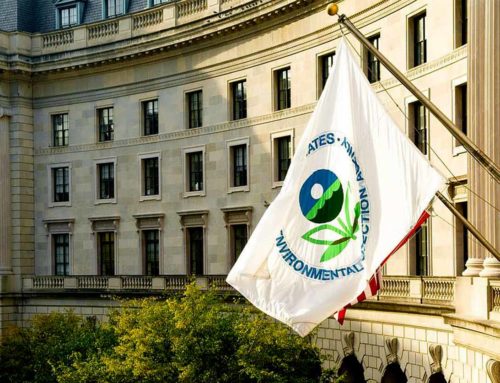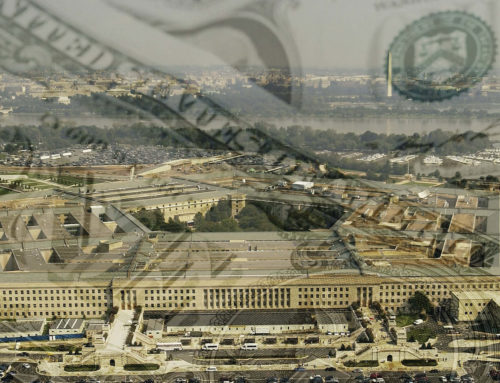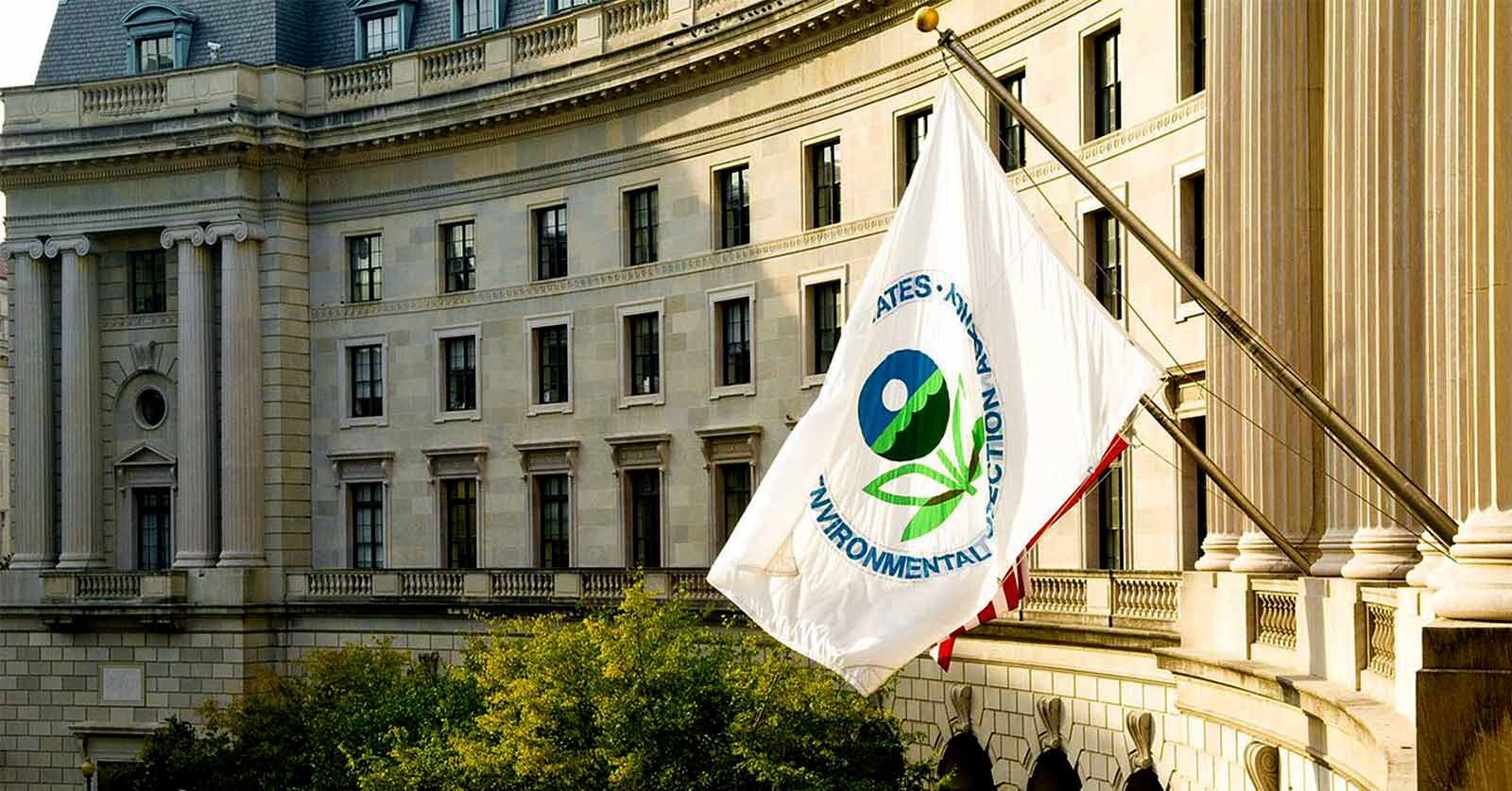It’s Valentine’s Day, and the thoughts of a young farmer, shipbuilder, rural airport operator, or coal miner may turn, not to thoughts of love, but of their Congressionally-mandated sweetheart deals. Here is just a short list of examples:
Sweets for My Sweet — Congress loves showering farmers with subsidies whether they want them or not. For the past several years, farmers agreed they could live without direct payments since they are paid regardless of crop prices, income levels, or whether or not a crop is even grown. But instead of granting their wishes, Agriculture Committee leaders jammed a trillion dollar farm bill through Congress last week that will increase taxpayer subsidies for agribusinesses coming off several years of record profits. In the place of direct payments there are not only “transition payments” for cotton, but also new shallow loss entitlements covering “shallow” dips in income, government-set price supports, subsidized crop insurance available to no other industry, and special pet projects for lawmakers’ special someones. A handful of the sweet deals include maple syrup grants and insurance subsidies for sugarcane and even “sweet” sorghum. We can only hope that in the next farm bill, Congress will finally break up with the farm lobby and end decades of ineffective and inefficient farm subsidies.
Won’t You Let Me Take You on a Sea Cruise? — Shipbuilders are still feeling the love of their Congressional representatives. The Navy planned to retire seven cruisers and two amphibious ships this year. Retirement, rather than modernizing them, would save the Navy money. But shipbuilders want to build more ships or, at the very least, they want to modernize the current ships. Congress directed the Secretary of the Navy to upgrade one of the cruisers starting immediately. The Secretary is also required to give Congress his plan for modernizing the rest between now and 2021. In fact just the rumor of the “premature retirement of capable Arleigh Burke class guided missile destroyers…” led the Congress to direct the Secretary of the Navy “to prioritize” their modernization. Finally, Congress added $950 million – bringing the total to $3.88 billion – for the Virginia class of submarines. So, even in these days of tightening belts Congress still insists on showing its particular love for shipbuilders.
Fly Me to the Moon – We shouldn’t give them any ideas since, so far, “Essential Air Service” (EAS) hasn’t quite reached into outer space. The EAS is a “temporary” federal subsidy program created in the 1970s as part of airline deregulation. Taxpayers across the nation now spend more than $200 million each year so that a privileged few in just 117 communities can be guaranteed convenient air service. For instance, taxpayers spend $3.9 million annually to subsidize air service from Presque Isle, Maine to Boston. That’s the highest subsidy on an annualized basis. And the highest subsidy on a per passenger basis is Lewistown, Montana for service to Billings, Montana, which costs taxpayers $1,905 every time somebody flies that route. Uncle Sam should just stuff the passenger in a taxi for the two hour drive – at New York City taxi cab rates, the bill would be less than $350.
So Happy Together – A recent series of reports on the federal coal mining program administered by the Bureau of Land Management (BLM) reads like a love story between the BLM state offices and the coal companies mining on federal land. Turns out BLM is giving coal companies some pretty sweet deals for publicly owned coal. BLM offices rely on company information about the actual amount of coal that exists in certain areas to determine the value of the land. If companies submit bids for tracts of land below what BLM considers it to be worth, some offices let the companies explain their low bids, and then accept them. Once the coal companies have rights to mine the land, the BLM is collecting lower royalty payments for the coal because it doesn’t bother to consider foreign markets, where coal is more expensive. Those coal miners must have some dreamy eyes, because when the feds look into them they can’t seem to say “no.”
Hasn’t anyone told lawmakers that money can’t buy you love? And it’s certainly not the way into any taxpayer’s heart.














Get Social